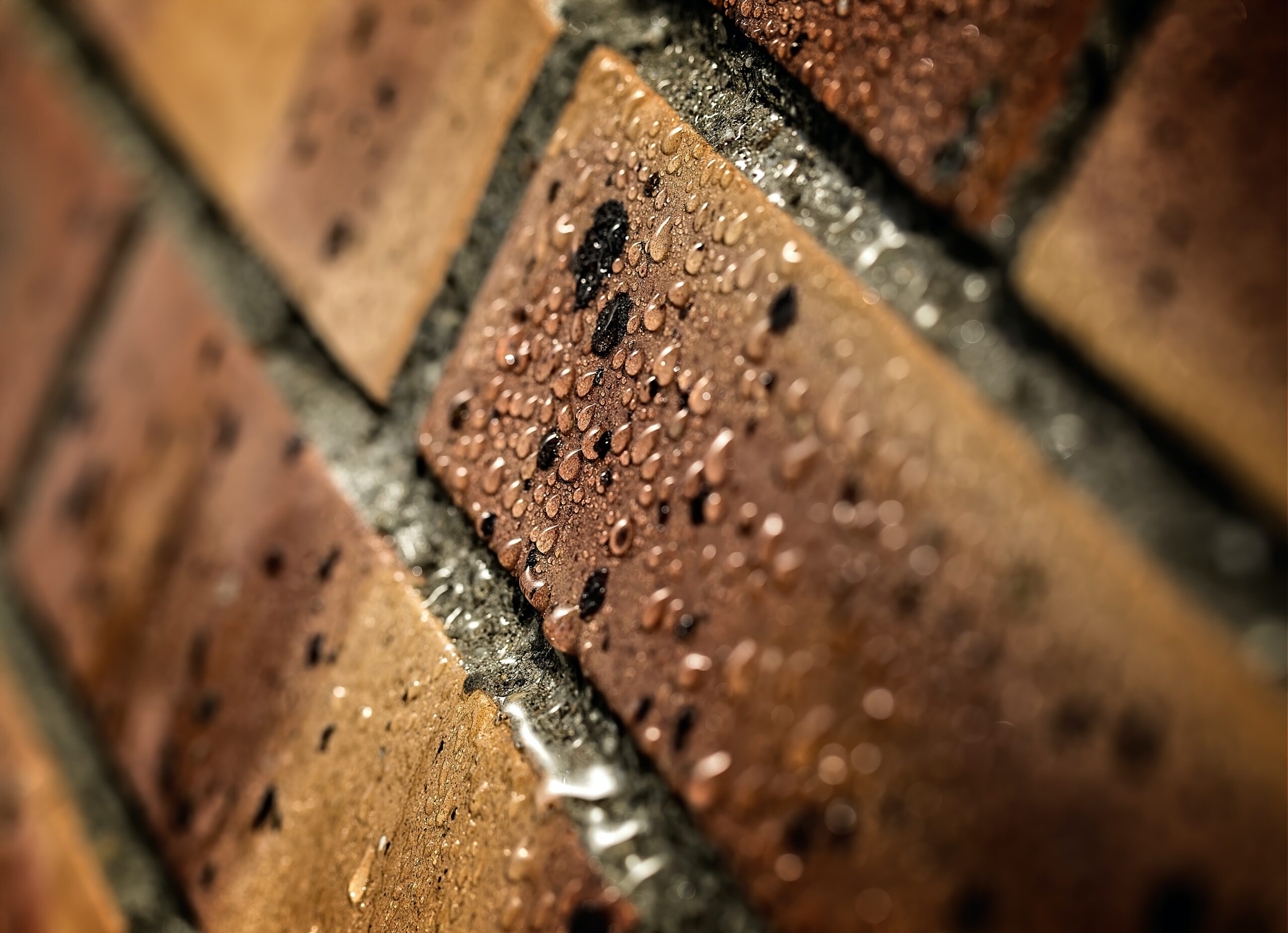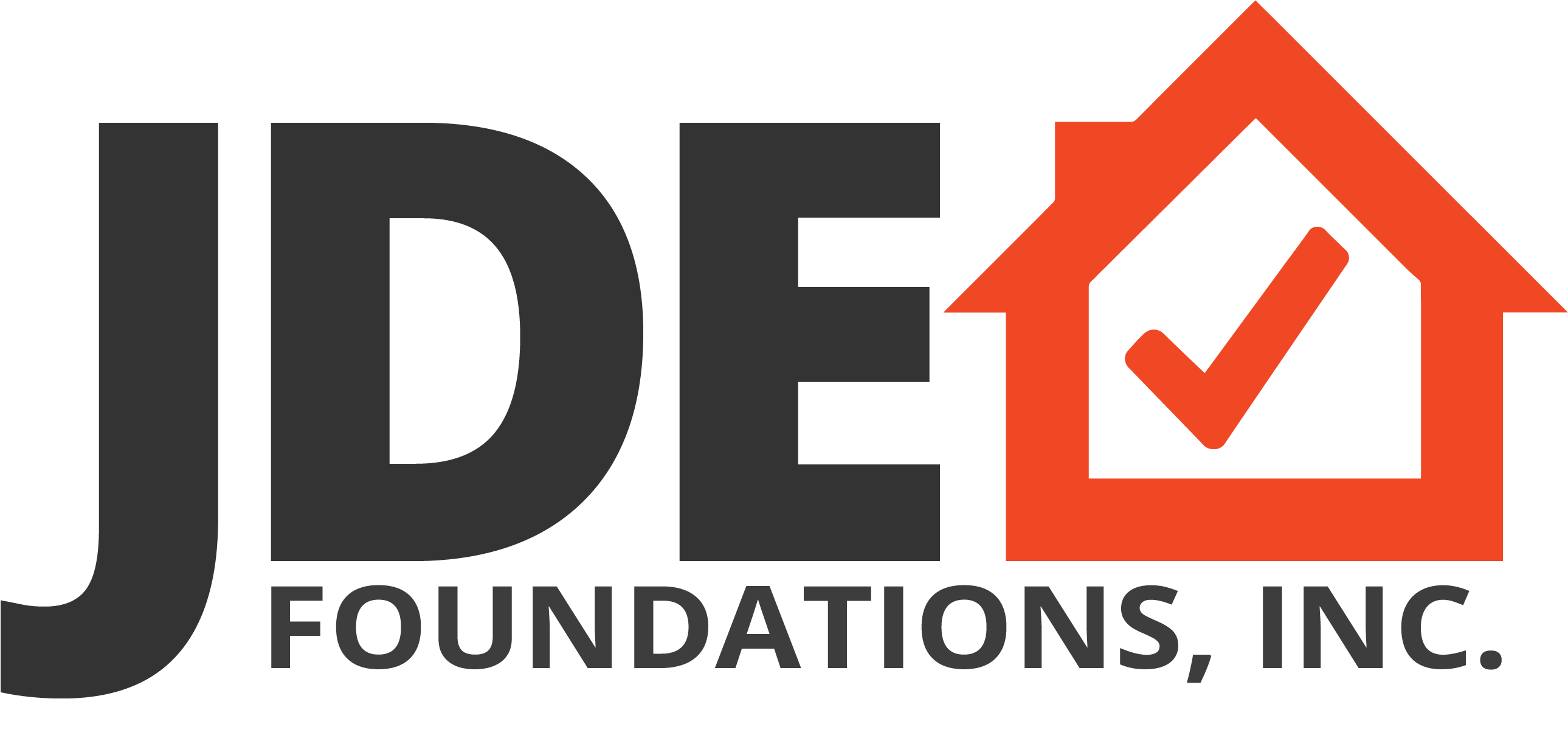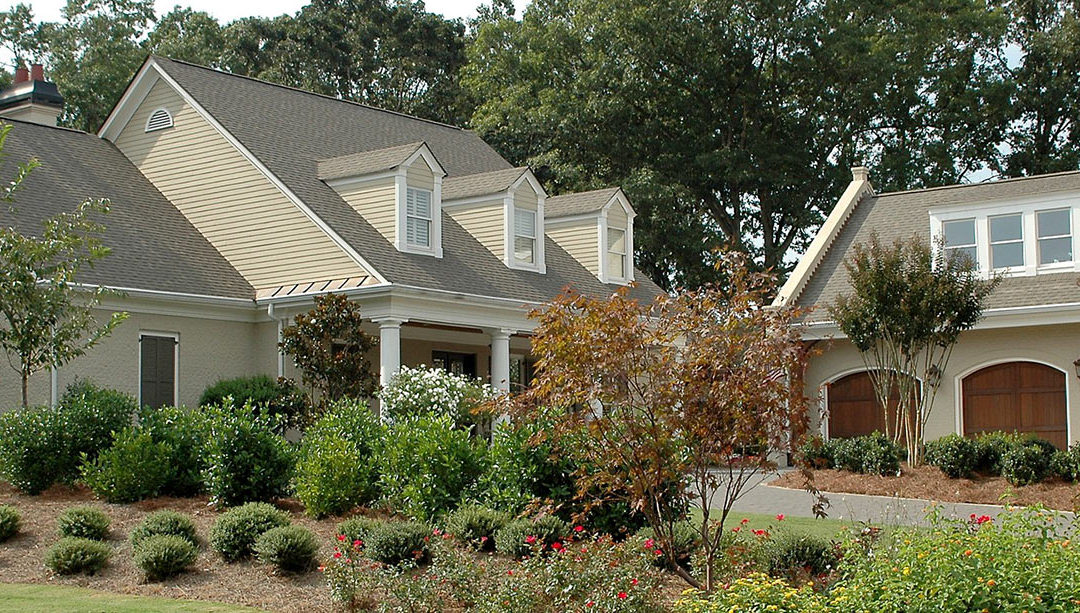Purchasing an older home can be an exciting endeavor, filled with charm, character, and unique architectural features. However, it’s important to approach the process with careful consideration, particularly when it comes to the home’s foundation. Older homes may have experienced years of wear and tear, potentially leading to foundation issues that require attention. In this blog post, we will explore essential considerations and inspections to ensure a solid foundation when buying an older home. By understanding what to look for and the services JDE Foundations provides, you can make an informed decision and address any potential foundation concerns before they become major problems.
- Hire a Qualified Home Inspector
When buying an older home, it’s crucial to engage the services of a qualified home inspector who specializes in assessing foundation conditions. A thorough inspection will include:
-
Visual Assessment: The inspector will look for visible signs of foundation damage, such as cracks in walls, floors, or ceilings, sloping floors, or doors and windows that don’t operate properly.
-
Structural Assessment: The inspector will evaluate the overall structural integrity of the home, checking for signs of shifting, settling, or other issues that may affect the foundation.
- Assess the Age and Maintenance History
Understanding the age of the home and its maintenance history is essential in gauging the potential condition of the foundation. Consider the following:
-
Foundation Material: Older homes may have different foundation materials, such as stone, brick, or concrete. Each material has unique characteristics and requires specific maintenance and repair approaches.
-
Previous Repairs: Inquire about any past foundation repairs or maintenance work that has been done on the property. Obtain documentation if available and assess the quality and effectiveness of previous repairs.

- Look for Signs of Water Intrusion
Water intrusion can significantly impact the stability of a home’s foundation. Inspect the property for signs of water damage, such as:
-
Damp Basements or Crawlspaces: Examine the basement or crawlspace for signs of moisture, mold, or musty odors, which may indicate water seepage or inadequate waterproofing.
-
Exterior Drainage: Assess the effectiveness of the home’s exterior drainage system, including gutters, downspouts, and grading. Poor drainage can lead to water pooling near the foundation, potentially causing damage over time.
- Consult with Foundation Repair Experts
If you have concerns about the foundation of an older home you’re considering, consult with foundation repair experts like JDE Foundations. Our team specializes in foundation repair, basement waterproofing, concrete work, excavating, house leveling, and French drain installation. We can provide a comprehensive assessment of the foundation’s condition and offer expert advice on any necessary repairs or preventive measures.

- Budget for Foundation Repairs or Upgrades
When buying an older home, it’s essential to budget for potential foundation repairs or upgrades. Understanding the potential costs associated with foundation work can help you negotiate the purchase price and plan for any necessary repairs after the sale.
Conclusion:
Buying an older home can be a rewarding experience, but it’s crucial to approach the process with a keen eye for foundation issues. Engage the services of a qualified home inspector, assess the age and maintenance history of the property, look for signs of water intrusion, and consult with foundation repair experts like JDE Foundations. By considering these factors and taking proactive steps, you can ensure a solid foundation for your older home and address any potential issues related to foundation repair, basement waterproofing, concrete work, excavating, house leveling, or French drain installation. Invest in the longevity and stability of your new home and enjoy the unique charm and character it offers.


Recent Comments